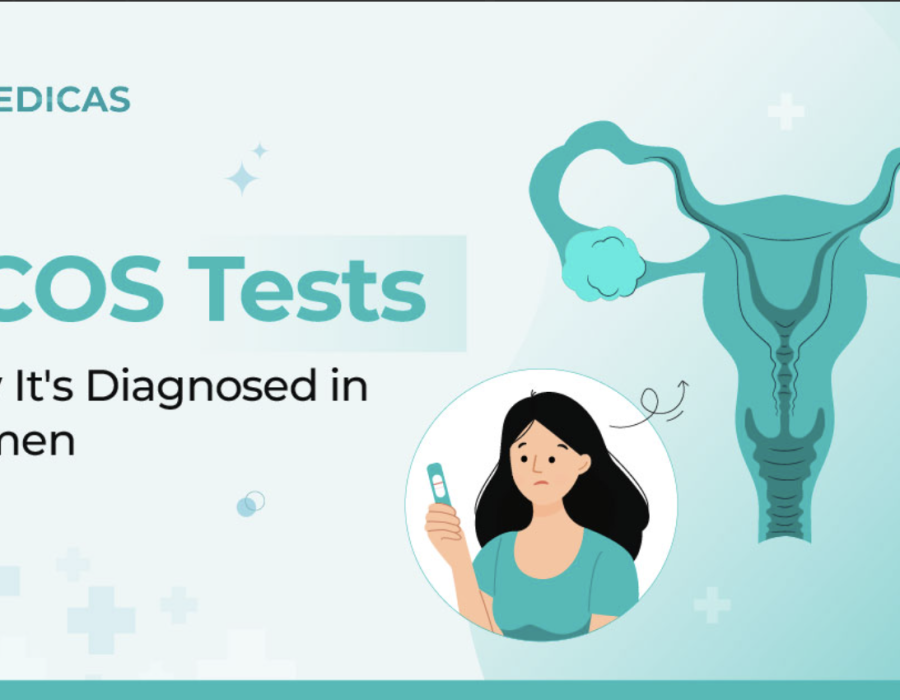Polycystic Ovary Syndrome (PCOS) is a common hormonal disorder affecting women of reproductive age, often linked to irregular periods, acne, excess hair growth, and weight gain. Since PCOS doesn’t have a single definitive test, diagnosis usually relies on a combination of evaluations.
Doctors begin with a review of medical history and a physical exam, followed by blood tests to check hormone levels such as LH, FSH, and testosterone. These help detect hormonal imbalances and insulin resistance. Fasting insulin and glucose tests may also be done to assess diabetes risk. An ultrasound scan of the ovaries is used to look for multiple small follicles (cysts), while a pelvic exam helps identify physical signs of androgen excess.
Early diagnosis of PCOS is crucial to prevent long-term complications like infertility, type 2 diabetes, and heart disease. If you notice symptoms such as irregular cycles or persistent acne, seeking timely medical advice and appropriate tests can make a significant difference in managing your health and fertility.





Comments